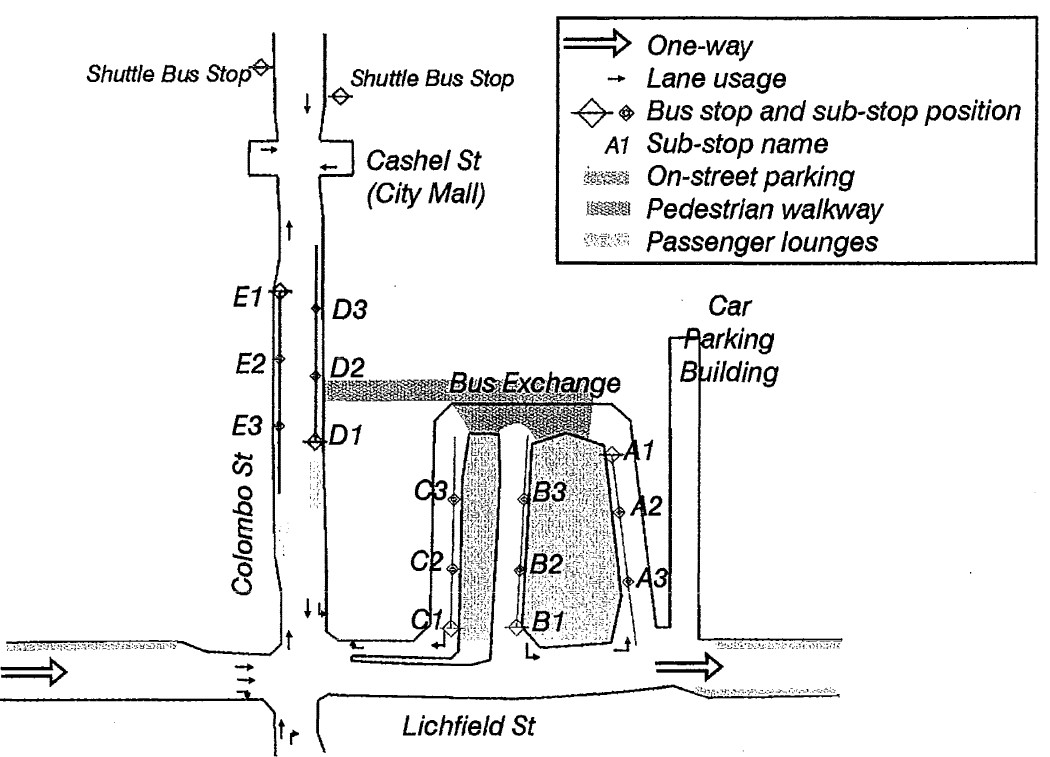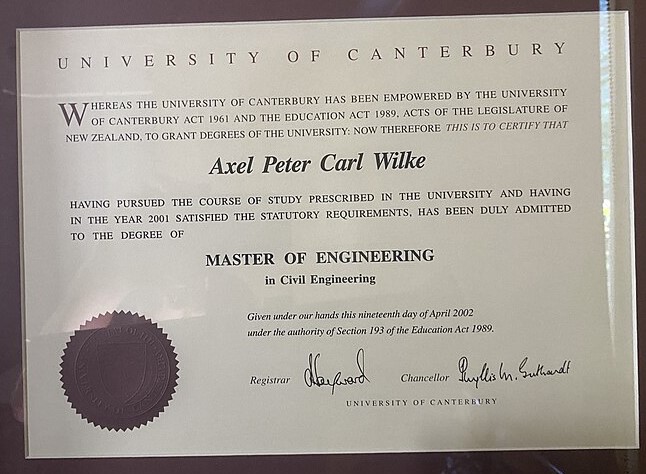Evaluation of the Paramics microsimulation model: central city area and urban arterial case studies
Where presented / published:
2001 Masters Thesis, University of Canterbury
Abstract
This report describes the development of two Paramics microsimulation traffic models: a small area model for the inner city bus station in Christchurch and its immediate environs, and an area wide model for the Christchurch suburb of Riccarton.
Microsimulation traffic models simulate individual vehicles, and their interactions, for their trips through a road network. Transport planners can undertake detailed assessment of current and future transport infrastructure and traffic management.
The models have been used to research the application of Paramics for innovative and non-standard designs, and to evaluate bus priority measures in congested road corridors. It has been concluded that Paramics microsimulation is suited for the task, and that the models are a valid description of the road network and its performance.
Bus lanes have been found to be most effective in decreasing both bus travel times, and bus travel time variability, on the congested Riccarton Road. The bus station has since become operational, and it is evident that the inner city model was able to predict all operational problems of the road network and the bus station itself.
It is considered that both models form a suitable means of teaching postgraduate students about traffic modelling, and many further research possibilities have been identified. The Christchurch City Council has expressed interest in extending the inner city model for testing of further traffic management changes, and taking advantage of the visual nature of microsimulation for subsequent consultation.
This Masters thesis is available in the library of the University of Canterbury.




